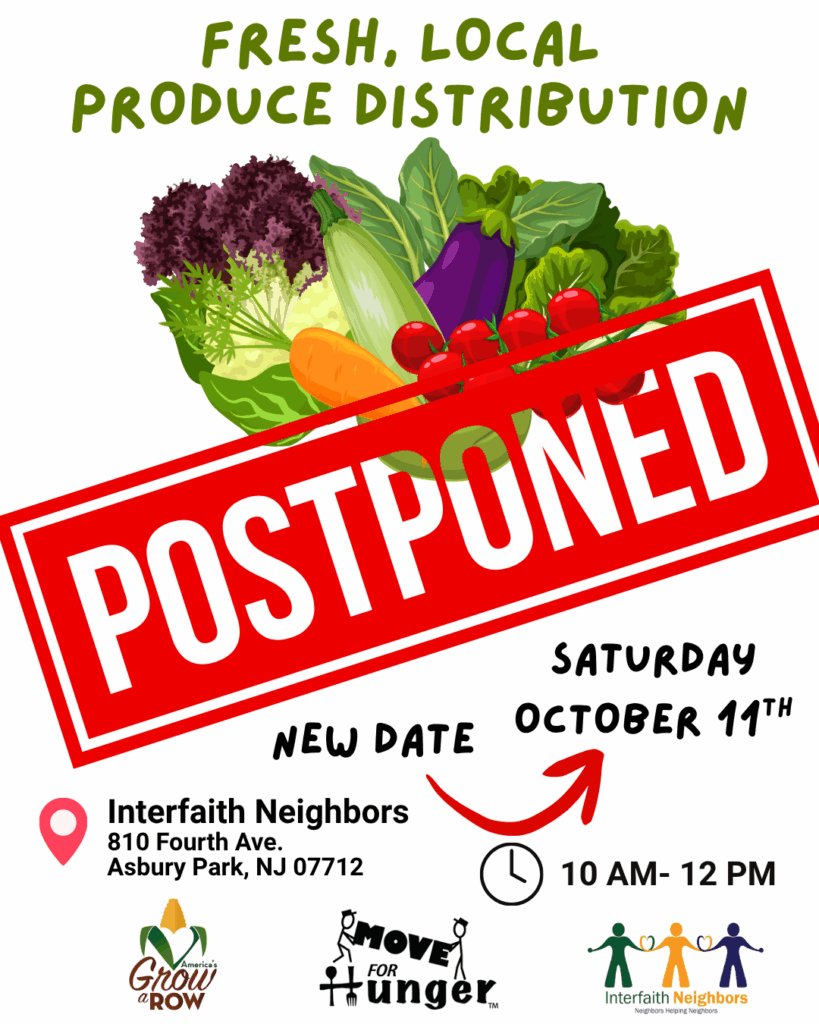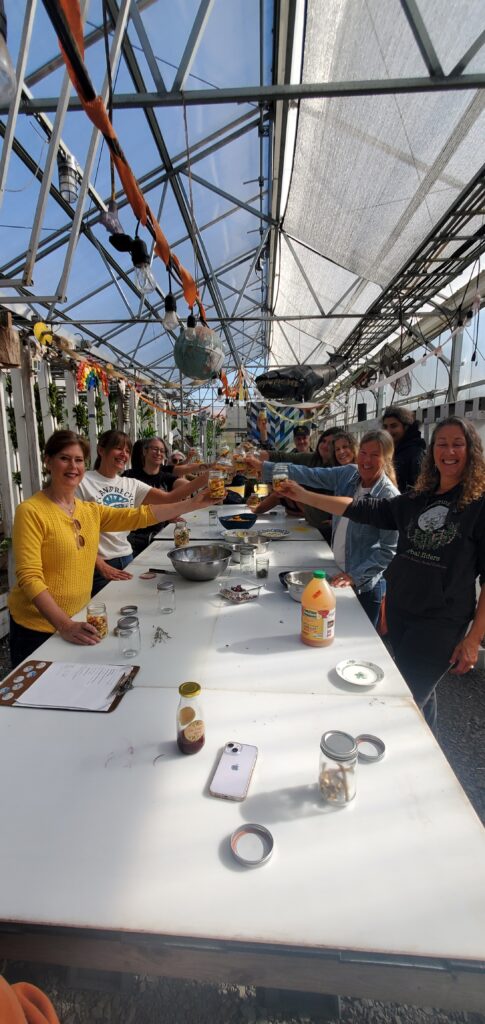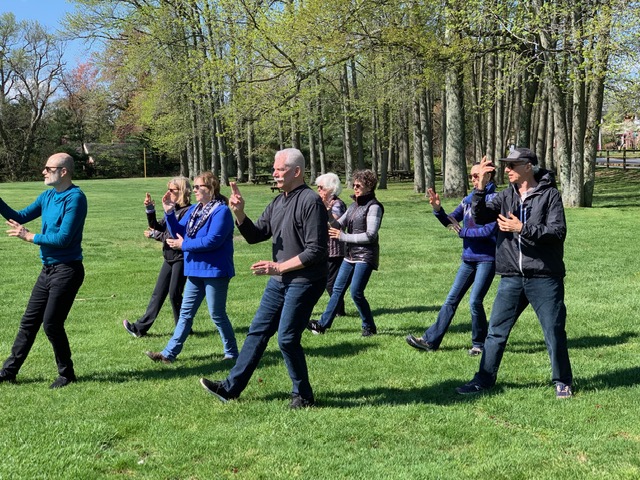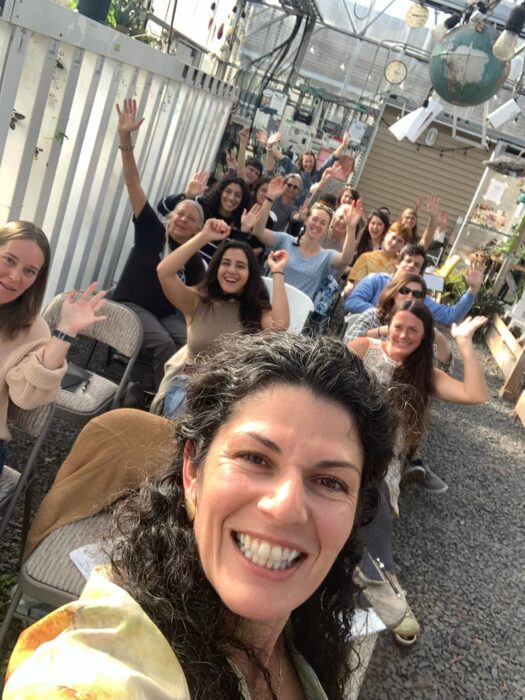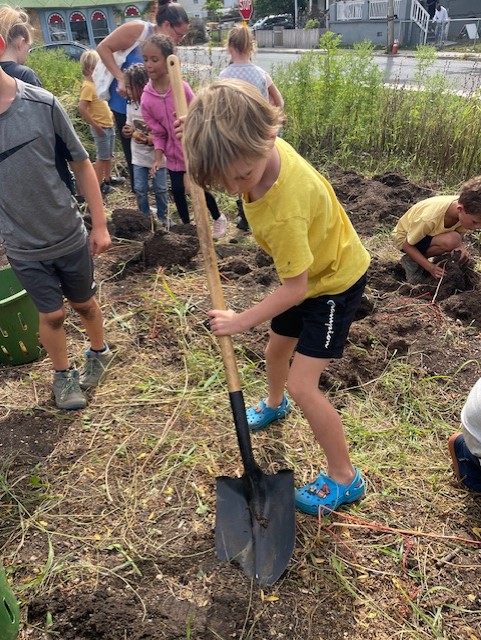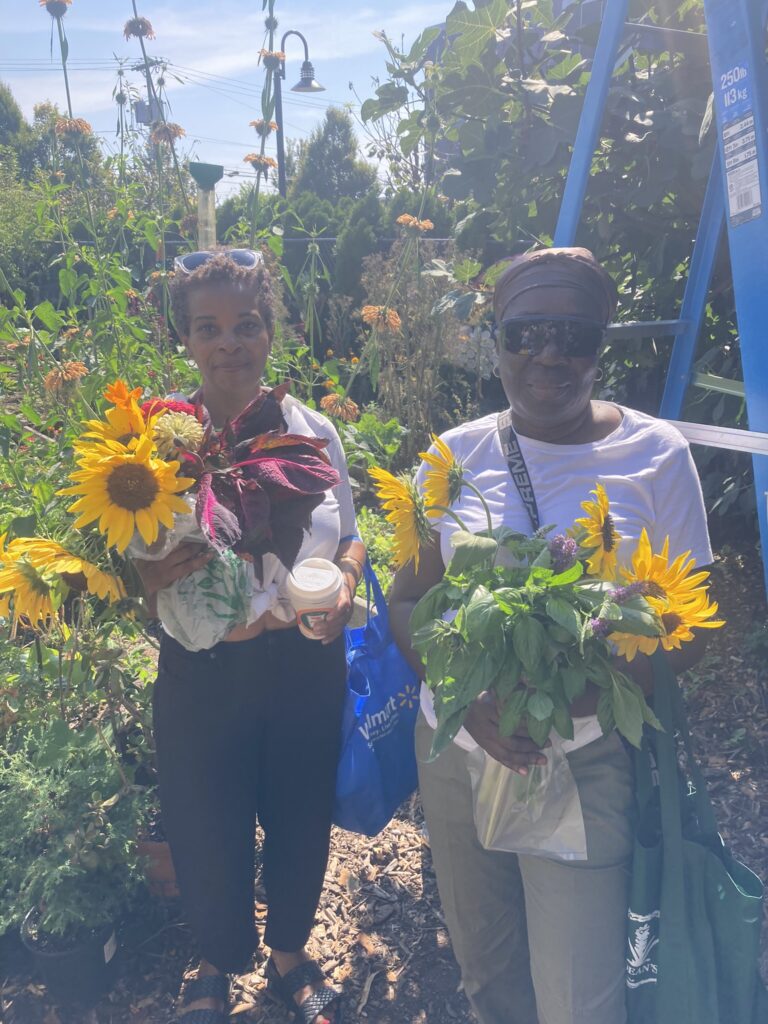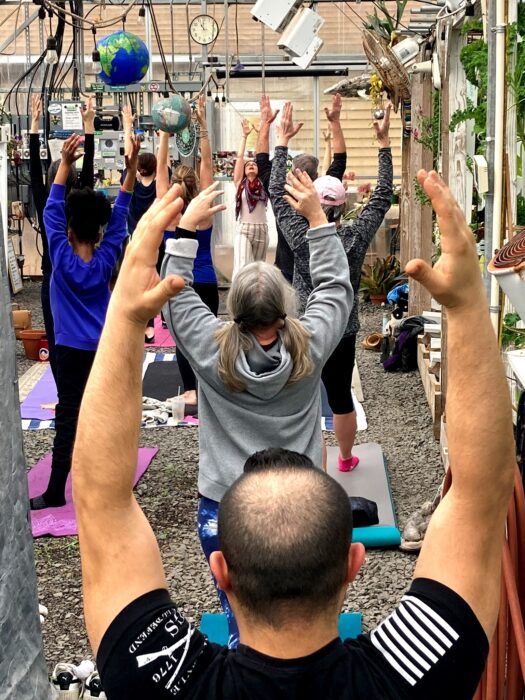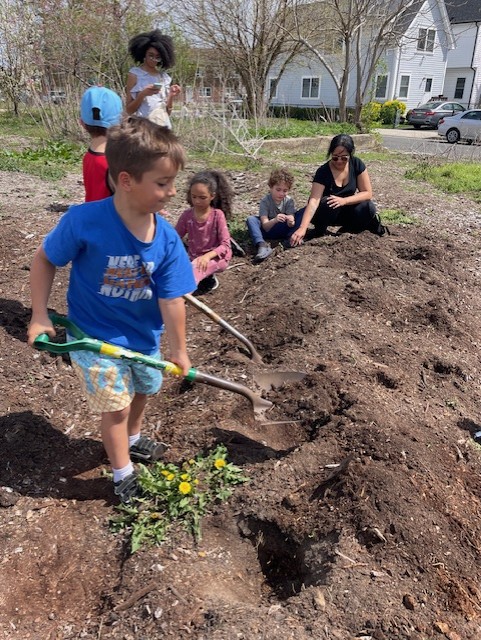What Do Older Adults and People with Disabilities Need to Know about the COVID-19 (Coronavirus disease)?
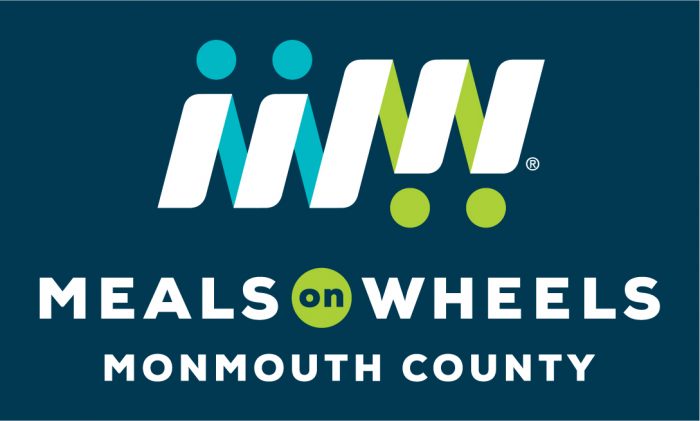 As the provider of meals to the Monmouth County senior citizen population, Interfaith Neighbors has established staff protocols to prevent potential spread of the COVID-19 virus via our team members, and we are staying in touch with our local senior centers and senior communities where we deliver homebound meals. We are also in contact with our food distributors, working to ensure stability of our food supplies.
As the provider of meals to the Monmouth County senior citizen population, Interfaith Neighbors has established staff protocols to prevent potential spread of the COVID-19 virus via our team members, and we are staying in touch with our local senior centers and senior communities where we deliver homebound meals. We are also in contact with our food distributors, working to ensure stability of our food supplies.
Advice for Senior Citizens and Those with Disabilities From the Administration for Community Living
Early data suggest older people are twice as likely to have serious COVID-19 illness. This may be because immune systems change with age, making it harder to fight off diseases and infection. Older adults also are more likely to have underlying health conditions that make it harder to cope with and recover from illness.
In addition, people of all ages, with or without disabilities, seem to be at higher risk for getting very sick from COVID-19 if they have serious chronic medical conditions like heart, lung or kidney disease.
Reducing exposure is especially important for people at higher risk of complications!
If you are at higher risk, the CDC recommends that you:
- Stay at home as much as possible if COVID-19 is spreading in your community.
- Make sure you have access to several weeks of medications and supplies in case you need to stay home for prolonged periods of time. CDC has great resources to help you plan.
- When you go out in public, keep away from others who are sick, limit close contact and wash your hands often.
- Avoid crowds, especially in poorly ventilated spaces.
- Avoid cruise travel and non-essential air travel. Stay up to date on CDC Travel Health Notices.
- Plan now for what you will do if you, or people you rely on for support, become ill.
Words to the wise: Planning is key!
A COVID-19 outbreak could last for a long time in your community. Depending on the severity of the outbreak, local public health officials may recommend community actions designed to help keep people healthy, reduce exposures to COVID-19), and slow the spread of the disease. Creating a household plan can help protect your health and the health of those you care about in the event of an outbreak of COVID-19 in your community. You should base the details of your household plan on the needs and daily routine of your household members. CDC’s Planning Resources can help.
Everyday Actions to Prevent Illness
You can learn more about how the virus spreads here. Everyone, regardless of age or disability, should follow CDC’s recommendations to help prevent the spread of all respiratory diseases, including colds and flu and COVID-19. For example:
- Avoid close contact with people who are sick.
- Avoid touching your eyes, nose, and mouth.
- Stay home when you are sick.
- Cover your cough or sneeze with a tissue, then throwing the tissue in the trash.
- Clean and disinfect frequently touched objects and surfaces using a regular household cleaning spray or wipe.
- See EPA’s list of disinfectants that are effective against COVID-19 (March 3, 2020)
- Follow CDC’s recommendations for using a face mask.
- CDC does not recommend that people who are well wear a face mask to protect themselves from respiratory diseases, including COVID-19.
- Face masks should be used by people who show symptoms of COVID-19 to help prevent the spread of the disease to others. The use of face masks is also crucial for health workers and people who are taking care of someone in close settings (at home or in a health care facility).
- Wash your hands often with soap and water for at least 20 seconds, especially after going to the bathroom; before eating; and after blowing your nose, coughing, or sneezing.
- If soap and water are not readily available, use an alcohol-based hand sanitizer with at least 60% alcohol. Always wash hands with soap and water if hands are visibly dirty.
- For more information, see CDC’s Handwashing website
- For information specific to healthcare, see CDC’s Hand Hygiene in Healthcare Settings
Watch for Symptoms & Emergency Warning Signs
- COVID-19 symptoms include fever, cough, and shortness of breath. If you feel like you are developing symptoms, call your doctor.
- If you develop emergency warning signs for COVID-19 get medical attention immediately. These include:
- Difficulty breathing or shortness of breath
- Persistent pain or pressure in the chest
- New confusion or inability to arouse
- Bluish lips or face
- This list is not all inclusive. Consult your medical provider for any other symptom that is severe or concerning.
State & Local Guidance
State of New Jersey Department of Health COVID-19 Information
Monmouth County Health Department Information
Recent News & Updates
News, updates and events from across the Interfaith Neighbors network.

